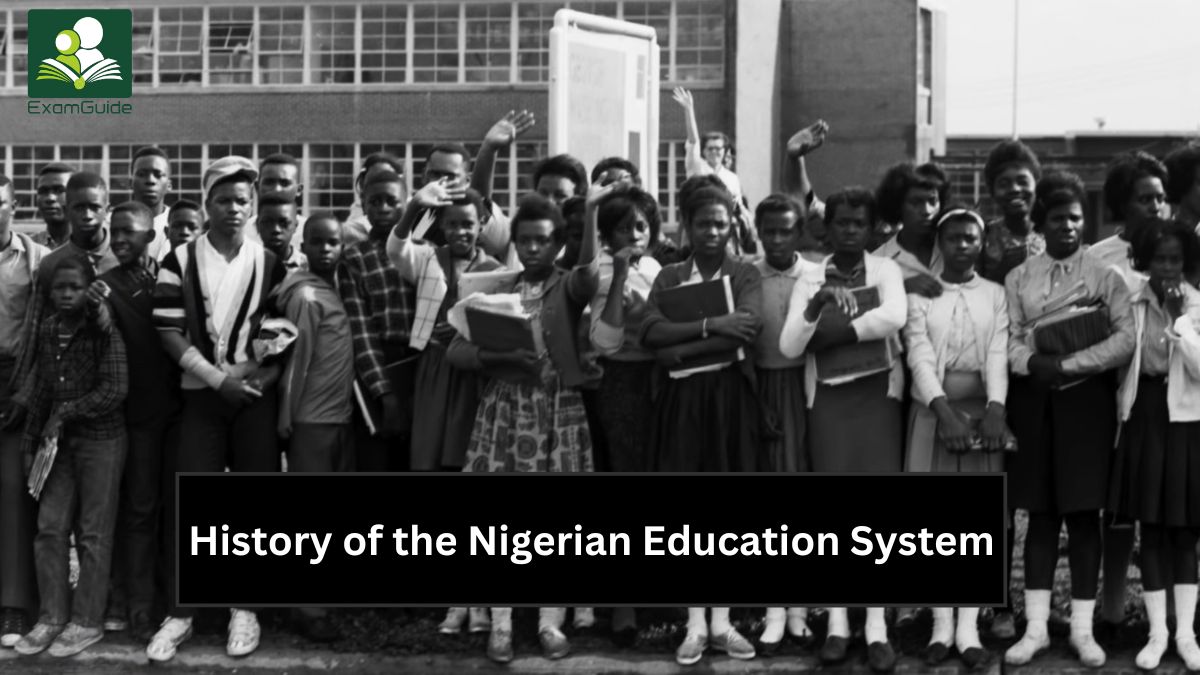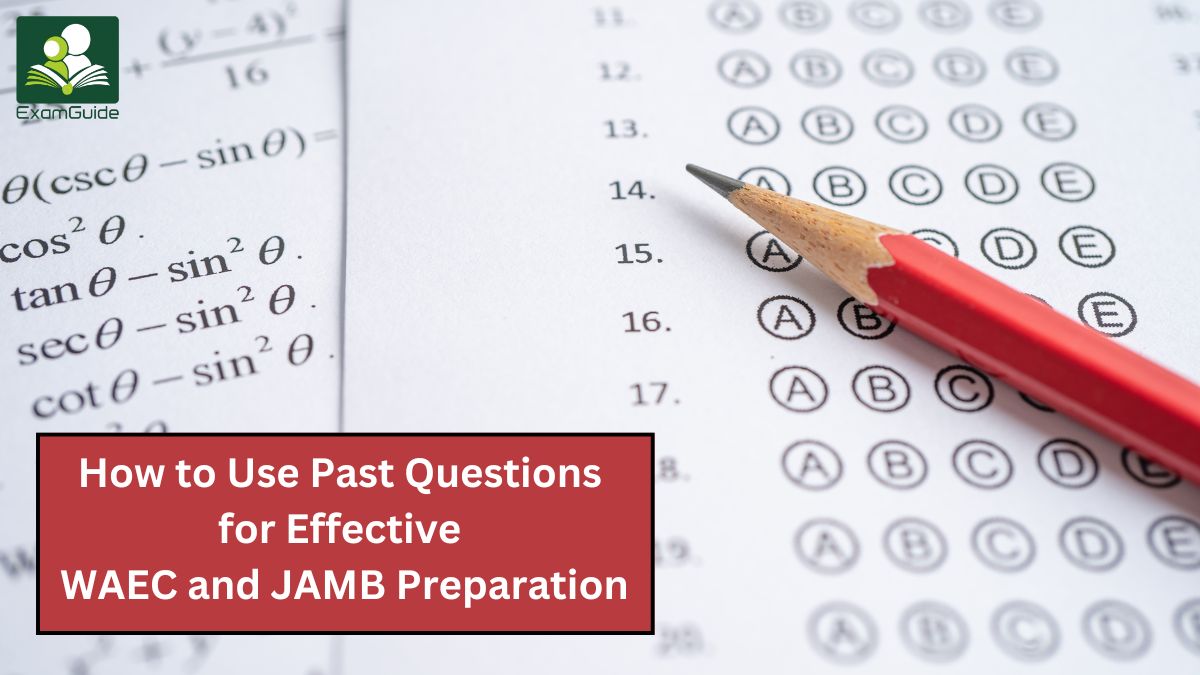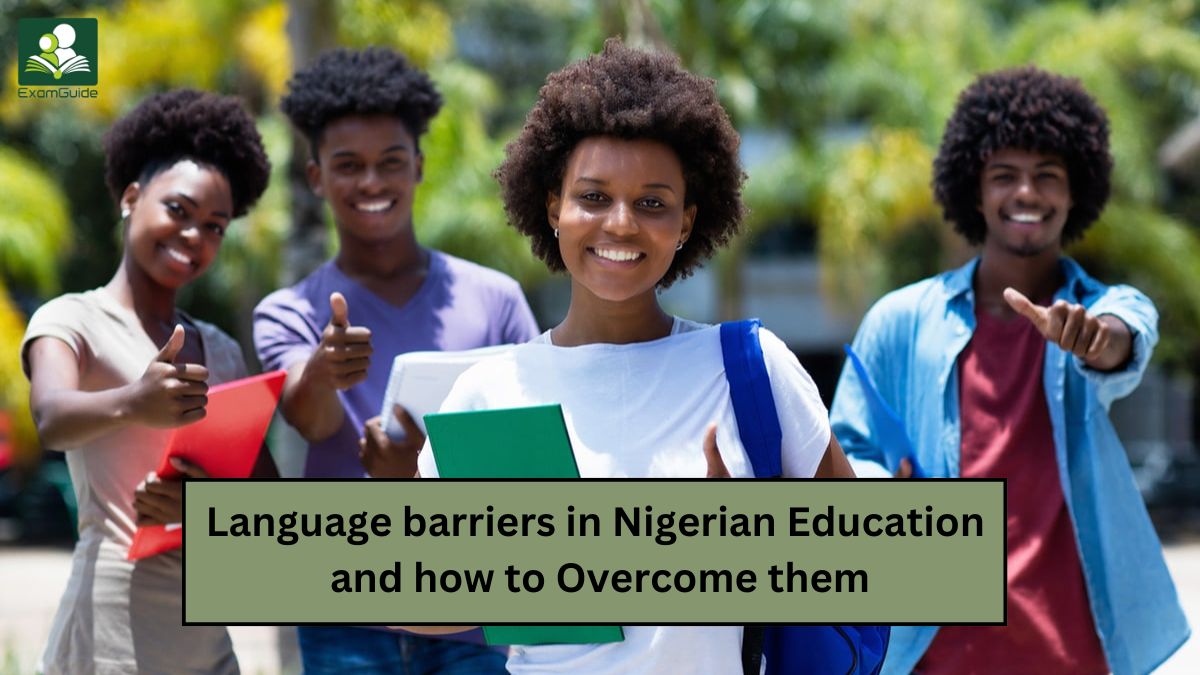
History of the Nigerian Education System
The history of the Nigerian education system is a complex journey that spans centuries, reflecting the country's diverse cultural, social, and political landscape. From traditional forms of education to the introduction of Western-style schooling, Nigeria's education system has evolved significantly over time.
This article delves into the key phases of this evolution, examining how historical events have shaped the current state of education in Nigeria.
Table of Content
Pre-Colonial Education in Nigeria
Colonial Education (1842-1960)
Post-Independence Education (1960-Present)
1. Pre-Colonial Education in Nigeria
Before the arrival of colonial powers, education in Nigeria was deeply rooted in the cultural practices and traditions of its various ethnic groups. The primary forms of education were informal, and knowledge was transmitted orally from one generation to the next.
- Traditional Education: Indigenous education systems focused on imparting practical skills, moral values, and cultural knowledge. Boys were typically trained in farming, hunting, and other trades relevant to their communities, while girls were taught domestic skills and child-rearing practices. Storytelling, folklore, and proverbs were commonly used to teach societal norms and ethics.
- Islamic Education: In the northern regions, where Islam was prevalent, Islamic education was widespread long before the arrival of Europeans. Centers of learning, known as Quranic schools, were established in cities like Kano, Katsina, and Borno. These schools focused on teaching the Quran, Arabic language, Islamic law (Sharia), and other religious studies. Advanced scholars could also study subjects like astronomy, medicine, and mathematics.
2. Colonial Education (1842-1960)
The advent of colonialism in the 19th century marked a significant turning point in the Nigerian education system. The British colonial administration introduced Western-style education, which was primarily aimed at producing clerks, interpreters, and other personnel to assist in the administration of the colony.
- Missionary Influence: Christian missionaries played a crucial role in establishing the first Western-style schools in Nigeria. The Church Missionary Society (CMS) established the first primary school in Badagry in 1842. Other missionary groups, such as the Roman Catholic Mission and Methodist Mission, followed suit, establishing schools across the southern regions. These schools primarily taught reading, writing, arithmetic, and religious education.
- Colonial Education Policy: The British colonial government gradually became involved in education, setting up government schools and introducing policies to regulate missionary schools. The 1882 Education Ordinance marked the beginning of formal government control over education, and subsequent ordinances in 1903 and 1916 further expanded the government's role. However, education during this period was limited to a small elite, and there were significant disparities in access to education between the southern and northern regions.
- First Secondary Schools: The first secondary school in Nigeria, CMS Grammar School, was established in Lagos in 1859. Other notable secondary schools founded during this period include St. Gregory's College (1928) and King's College (1909) in Lagos, and Hope Waddell Institute (1895) in Calabar.
3. Post-Independence Education (1960-Present)
Nigeria gained independence from Britain in 1960, and the new government prioritized expanding access to education as a means of promoting national development and unity.
- Universal Primary Education (UPE): One of the earliest post-independence educational reforms was the introduction of the Universal Primary Education (UPE) program in 1976. The UPE aimed to provide free and compulsory primary education for all Nigerian children. Although the program faced challenges, including inadequate infrastructure and funding, it marked a significant step toward increasing literacy rates in the country.
- Expansion of Formal Education: Following independence, Nigeria adopted a formal education structure that includes:
- 6 years of primary schooling
- 3 years of junior secondary schooling
- 3 years of senior secondary schooling
- 4 years of university education, which generally leads to a bachelor's degree in most subjects.
- This structure, known as the 6-3-3-4 system, was introduced under the National Policy on Education in 1981. It was designed to provide a comprehensive education that prepares students for higher education and the workforce. The academic year in Nigeria spans ten months and is divided into three terms, each lasting ten to twelve weeks, covering all stages from pre-primary to senior secondary education.
- Higher Education Expansion: The post-independence period also saw the expansion of higher education in Nigeria. The University of Ibadan, established in 1948 as a college of the University of London, became an independent university in 1962. Other universities, such as the University of Nigeria, Nsukka (1960), Ahmadu Bello University (1962), and Obafemi Awolowo University (1961), were established to meet the growing demand for higher education. The expansion of universities and polytechnics helped to produce a skilled workforce for the country's growing economy.
- National Policy on Education: The National Policy on Education, adopted in 1981, outlined the structure and goals of the education system, introducing the 6-3-3-4 system as described earlier. The policy emphasized the need for education to be relevant to Nigeria's socio-economic needs and to promote national unity.
- Challenges and Reforms: Despite significant progress, the Nigerian education system has faced numerous challenges, including inadequate funding, poor infrastructure, and a lack of qualified teachers. The introduction of the Universal Basic Education (UBE) program in 1999 aimed to address these challenges by providing free and compulsory education up to the junior secondary level. However, issues such as overcrowded classrooms, teacher strikes, and regional disparities continue to affect the quality of education.
- Contemporary Education System: Today, Nigeria has a complex and diverse education system, with a mix of public and private institutions at all levels. The government continues to implement reforms to improve access and quality, such as the introduction of the National Open University of Nigeria (NOUN) to provide distance learning opportunities. Additionally, efforts to integrate traditional and Islamic education with formal education have been made to ensure that all Nigerian children have access to learning.
Conclusion
The history of the Nigerian education system reflects the country’s rich cultural heritage and its ongoing efforts to adapt to changing social, economic, and political realities. From traditional forms of education to the introduction of Western schooling and the expansion of higher education, Nigeria's education system has undergone significant transformation.
Despite the challenges, the Nigerian government remains committed to improving the education system, recognizing its critical role in national development and the well-being of its citizens. As Nigeria continues to navigate the complexities of its education system, ongoing reforms and investments will be key to ensuring that all Nigerians have access to quality education.
Frequently Asked Questions
What is the first university in Nigeria?
Established in 1948, the University of Ibadan, UI as it is fondly referred to, is the first University in Nigeria. Until 1962 when it became a full-fledged independent University, it was a College of the University of London in a special relationship scheme.
Which is the oldest school in Nigeria?
CMS Grammar School, Lagos
What is the highest level of education in Nigeria?
The highest level of education in Nigeria is tertiary education. This includes universities, polytechnics, and colleges of education.
After completing secondary education, students can choose to pursue tertiary education programs leading to bachelor's, master's, and doctoral degrees.
How old is education in Nigeria?
The history of formal education in Nigeria dates back to the colonial era, which began in the late 19th century. Missionaries and colonial administrators played a significant role in establishing schools and introducing Western-style education. However, indigenous forms of education existed before this period, such as traditional apprenticeship and oral storytelling.
How has education in Nigeria evolved post-independence?
After gaining independence, education played a crucial role in shaping Nigeria’s development. The country witnessed an expansion and advancement in its educational system, resulting in increased access to education for its citizens.
What are the challenges faced by the Nigerian education system?
The Nigerian education system faces various challenges, including underfunding, inadequate infrastructure, teacher shortages, and management issues. These challenges have hindered the quality of education and limited the opportunities available to students.
What are the achievements of the Nigerian education system?
The Nigerian education system has achieved significant milestones over the years. It has educated millions of students, helping to develop a skilled workforce and contributing to the country’s overall development. However, there is still room for improvement and ongoing efforts for educational reforms.
No comment found
Related Posts

Top 20 Motivational Quotes for Students to Work Hard

How to Use Past Questions for Effective WAEC and JAMB Preparation

Language barriers in Nigerian Education and how to Overcome them

How to Excel in Mathematics: Tips for Nigerian Students

How to Summarize Notes Effectively for Faster Revision


